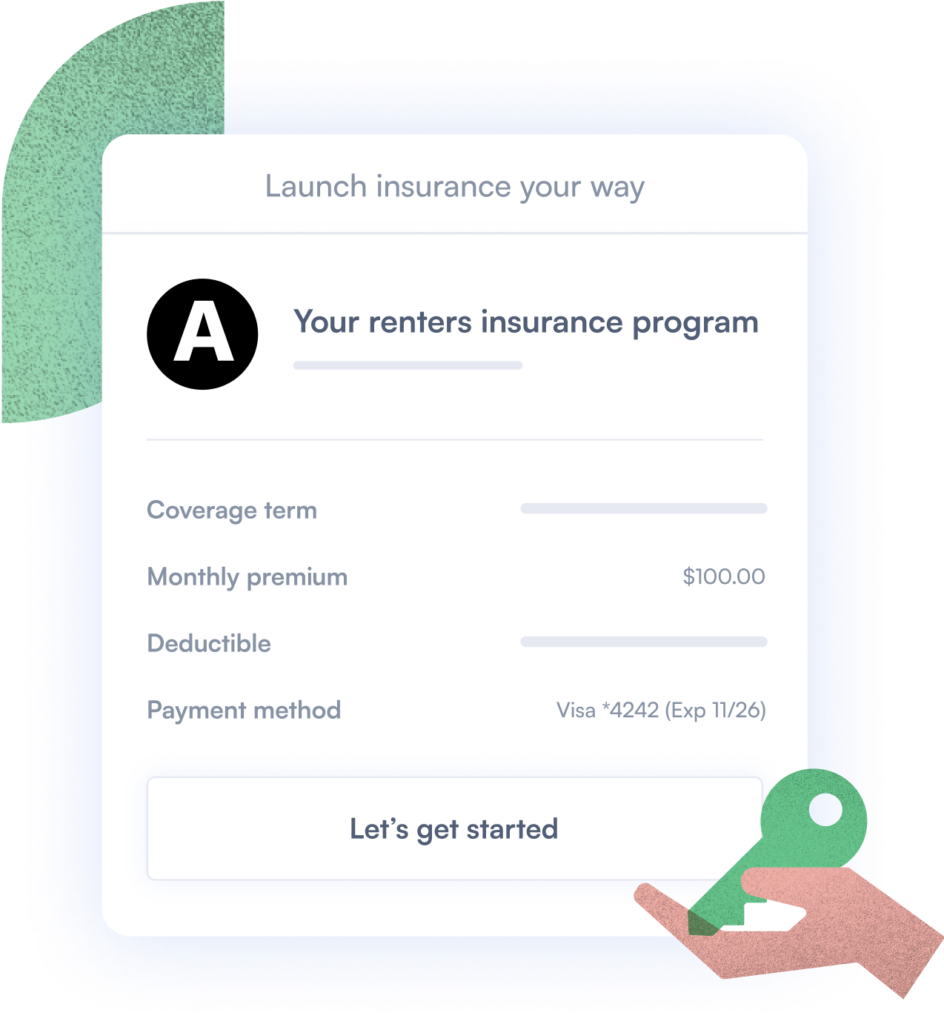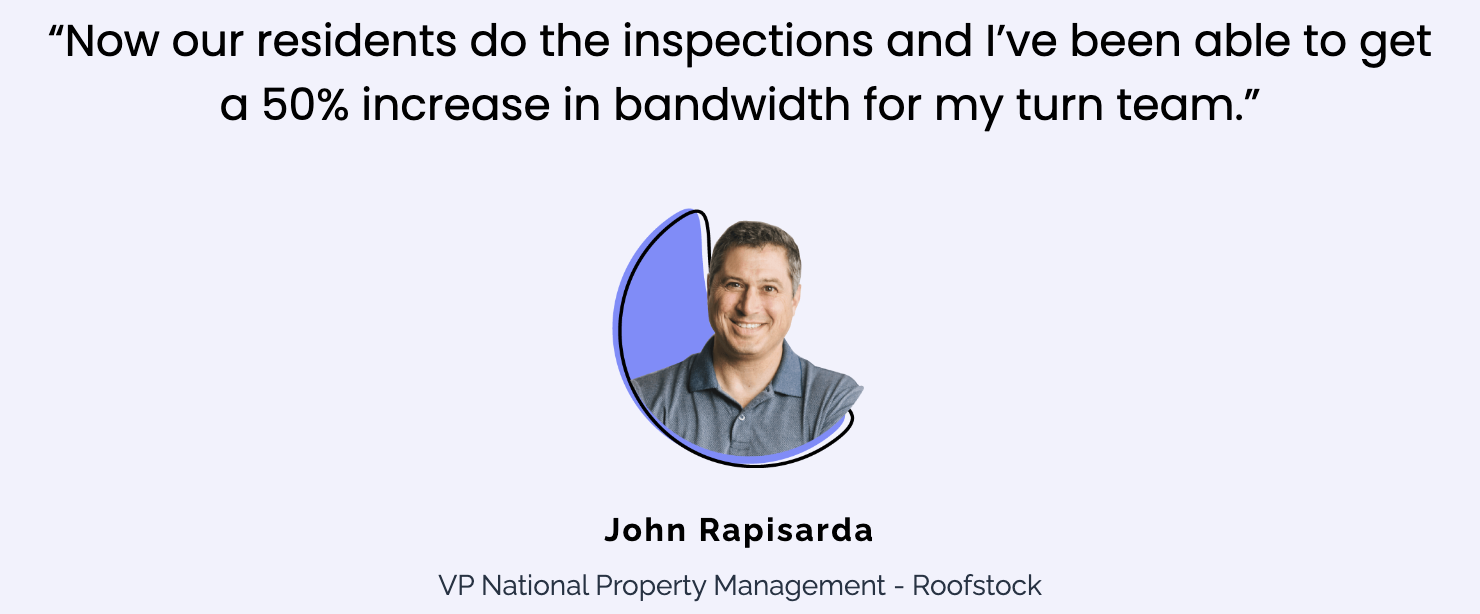With the recent industry trends of market consolidation, there’s been a lot of opportunity for boutique property managers to sell their company to larger institutional or venture-backed firms looking to grasp more market share. If your exit strategy is to get acquired, it’s important to understand how your company will be fiscally valued so you can set yourself up for the highest possible offer.
For those not looking to sell, learning how to both asses and drive up your company’s key financial drivers will set you up for success in staying competitive against industry giants in your market.
Steve Murray, the president and co-founder of REAL Trends, the nation’s leading trends and research organization, recently held a session diving into the details of how Property Management companies are valued and how you can be actively driving up value for your company, even if you aren’t looking to sell anytime soon.
How to Value a Property Management Company? Here’s the breakdown:
- Profitability – what is your pre-tax cash flow?
- Consistency – consistency of financial growth, personnel, and company records.
- Portfolio Churn – how long are your contracts?
Profitability:
To measure profitability, the acronym to get to know is EBITDA – Earnings Before Interest, Taxes, Depreciation, & Amortization.
Driving profitability comes, of course, from growing your unit count, but also from continuously increasing operational efficiencies and increasing your revenue per unit.
If you don’t know your EBITDA, we highly recommend following the NARPM Accounting standards. To get deeper insight, you can tune in to a few of our in-depth webinars we’ve held with a few of the creators of those accounting standards:
- How Property Managers can Reach 25% Profitability & Beyond with Daniel Craig, CEO of Profit Coach.
- Simple Numbers 2.0 Rules for Smart Scaling with Greg Crabtree, Author and CPA
For even more on this, check out our article on Business Health For Property Managers: Margins, KPIs, and SMART Goals.
To learn more about the different types of services property managers typically implement to increase their Revenue per Unit, tune into the below podcast packed with great info:
If you’re ready to start increasing your profitability, revenue per unit, and operational efficiencies, make sure to book a discovery call with us to see how you can be increasing your monthly revenue per unit by partnering with Latchel to streamline your maintenance operations.
Consistency:
Your company’s valuation will also increase if you have consistency in your growth. Your growth shouldn’t look like rollercoaster of ups and downs, but a stable, steady increase. Typically, your past 12 months are evaluated so it’s suggested to start prepping to sell at least a year before you actually do.
The consistency of your personnel will also be evaluated to ensure there is stability within those turning the wheels of the company, so investing into a solid team will matter. Consistency in how you keep company records will also be important to your valuation – nobody likes to inherit a mess.
Portfolio Churn:
Your average length of contracts is also something that will be looked at. So, if you haven’t done so already, it will be important to narrow down the traits of your ideal customer, and be picky about who you choose to work with. If you find what works best for you and with you, you can increase those types of clients and show less portfolio churn.
Once you identify your ideal customer, you can increase those types of clients and consistently deliver the results that support their core, unchanging needs to reduce portfolio churn.
How Your Value is Calculated:
To determine the hard number of your company’s value, you multiply your EBITDA by a number between 2 – 5 (your multiplier).
There are many factors that go into determining whether a company’s multiplier is on the lower end, or on the higher end. The above factors of profitability, consistency, and portfolio churn are big determining factors. A few others to keep in mind are:
- Non-recurring incomes & expenses: these are one time events that would be added or deducted from your cash flow statement like: lawsuits, settlements, and expensive property damages. You want to have as little one-time events that deduct from your cash flow statement as possible. This is why it’s so important to have a solid emergency maintenance plan. You can download our comprehensive guide on that here.
- The size of your firm in relation to the size of the market you’re operating in: This helps determine the potential for your company’s future growth in the market you’re operating in.
- Strength of your management teams: Your multiplier will also be higher if your management teams are strong. Do they have tenure with the company? Do they have industry influence? Do they operate their teams efficiently and effectively? etc.
As noted previously, you’ll want to be prepping documents for at least one year before you intend to sell your property management company.
Navigating Market Consolidation Webinar Series
Due to popular demand, we’ll be putting together a 3 part webinar series with industry leaders to help you:
- Understand what’s driving market consolidation and how to best equip yourself to navigate through it as successfully as possible.
- Hear from experienced Property Managers on the benefits and drawbacks of staying independently competitive, or selling your company.
- Get in the same room with larger firms looking to acquire to ask them anything about what they look for when making an offer.
















